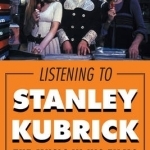
Listening to Stanley Kubrick: The Music in His Films
Book
The musical scores of Stanley Kubrick's films are often praised as being innovative and...
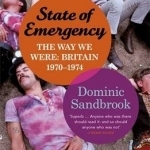
State of Emergency: The Way We Were: Britain, 1970-1974
Book
The book behind major BBC2 series The Seventies, Dominic Sandbrook's State of Emergency - The Way We...
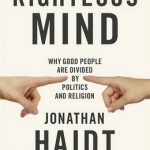
The Righteous Mind: Why Good People are Divided by Politics and Religion
Book
In The Righteous Mind, psychologist Jonathan Haidt answers some of the most compelling questions...
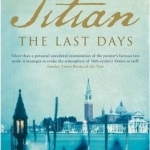
Titian: The Last Days
Book
Towards the end of his life Titian didn't finish his paintings. The 87 year-old artist kept them in...
A Life Everlasting: The Extraordinary Story of One Boy's Gift to Medical Science
Book
A donor mother's powerful memoir of grief and rebirth that is also a fascinating medical science...
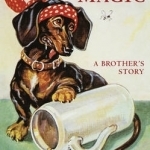
Animal Magic: A Brother's Story
Book
'Your brother looked healthy, happy, natural. But everything else about him is extremely odd. Not...

The Office: A Survival Guide
Book
Whether it's how to style out a crippling hangover, behave at the Christmas party or identify the...
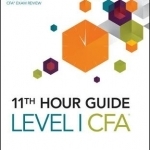
Wiley 11th Hour Guide for 2017 Level I CFA Exam: Level I CFA exam
Book
Wiley's 11th Hour Final Review Guide for 2017 Level I CFA Exam compacts all sixty readings tested on...
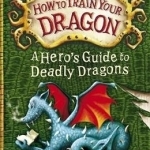
A Hero's Guide to Deadly Dragons: Book 6
Book
Read the books that inspired the How to Train Your Dragon films! This book will be a hit with...
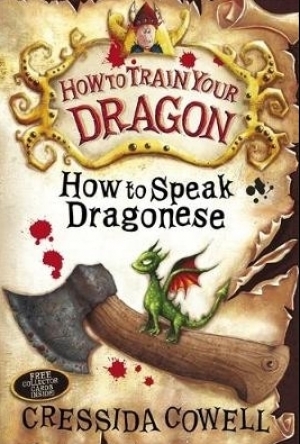
How to Speak Dragonese
Book
Read the books that inspired the How to Train Your Dragon films! This book will be a hit with...
